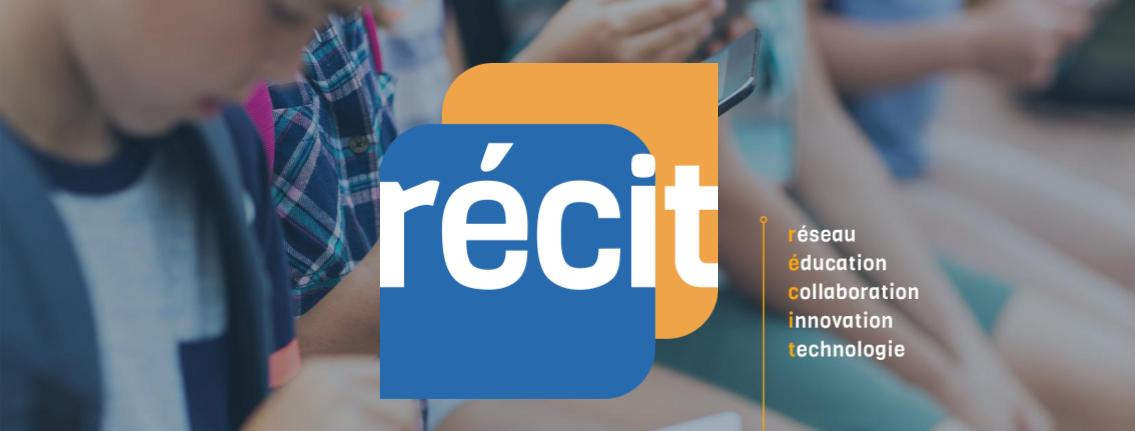Des lecteurs de la publication américaine eSchool News croient qu’on est encore loin de la réalité des manuels numériques à l’école. Voici pourquoi : accessibilité, pertinence, technologie et pédagogie.
L’équipe de rédaction a demandé à ses lecteurs ce qu’ils pensaient des manuels scolaires numériques, quelle était la situation dans leur milieu. Les réponses ont révélé que plusieurs sont encore inconfortables avec cette idée et prévoient la cohabitation du papier et du numérique pour plusieurs années encore.
La première raison évoquée est celle de l’accès universel à la technologie pour les élèves. Tant que tous les élèves n’ont pas un accès garanti et équivalent à la technologie qui permet de consulter ces livres numériques, pas question que la version papier ne disparaisse. L’accès universel est une question de technologie, mais aussi de prix. Par exemple, un directeur adjoint explique qu’à son avis, si les éditeurs ne baissent pas le prix de leurs ressources, le digital n’est pas avantageux économiquement.
Un autre point soulevé, qui semble le plus important, est celui de la pédagogie. Certains estiment que les écoles et les enseignants doivent d’abord comprendre ce qu’utiliser des outils numériques en éducation signifie. Ceci permettrait d’ailleurs probablement de voir au-delà du couple technologie/manuel numérique dans un tel débat.
Parmi les autres réactions, certaines montrent une crainte au niveau de l’évaluation des ressources numériques – sont-elles fiables, permettent-elles d’atteindre les objectifs prescrits, fonctionnent-elles bien peu importe la plateforme, etc. Un répondant souligne aussi le fait qu’il n’est pas toujours aisé de prendre des notes sur des textes numériques, comme ça l’est sur le papier.
Bref, ce n’est pas demain la veille que les écoles américaines troqueront leurs manuels papier pour des ressources entièrement numériques. Et dans votre milieu, comment ça se passe?
Pour lire les réponses complètes dans l’article original, c’est par ici!






